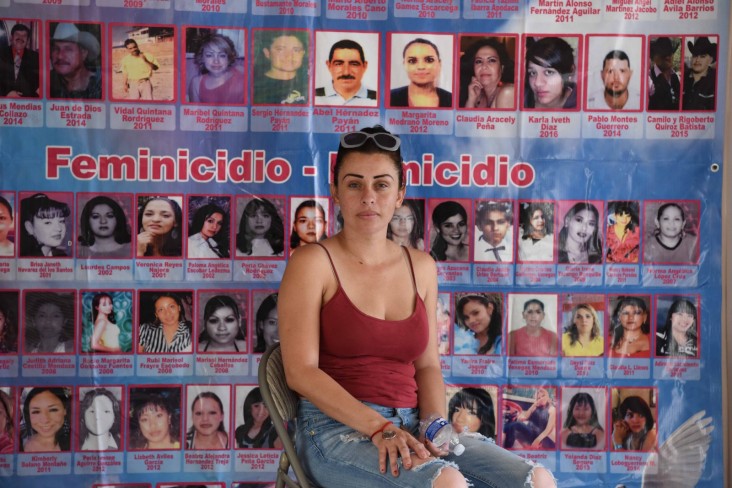Speeches Shim

The United States and Mexico have a unique and complex bilateral relationship; as neighbors we share significant political, economic, cultural and social ties. Progress on security cooperation and environmental issues directly impact both nations. Mexico is a middle-income country with a thriving private sector, yet it has a poverty rate of over 50 percent and ranks among the worst in the region in terms of income inequality and corruption. These factors fuel the growth of Mexican trans-national crime, undermining Government of Mexico (GOM) institutions, and weakening Mexico’s rule of law. Requiring significant financial and technical resources, these factors have also slowed Mexico’s efforts to fight climate change.
USAID/Mexico’s Country Development Cooperation Strategy (CDCS) supports three Development Objectives (DOs) to strengthen rule of law and human rights, reduce drug-related crime and violence, and promote transparency and integrity efforts under the Merida Initiative, multi-year, bilateral security cooperation program. A fourth DO supports the President's Global Climate Change Initiative. The Mission actively engages Mexico’s private sector through strategic alliances that encourage innovation and leverage resources to increase program impact, enhance sustainability, and replicate successful interventions across the country.
Crime and Violence Prevention
USAID supports the Government of Mexico’s efforts to improve citizen security through the development of crime prevention models that strengthen community resilience and address risk factors associated with youth involvement in crime and violence-related activities. The most successful approaches are replicated and expanded to other parts of the country with resources and investments from the Government of Mexico, the private sector, and other local and international organizations.
Crime and Violence Prevention Fact Sheet [PDF, 226K]
Rule of Law
In 2008, the Government of Mexico approved a constitutional reform mandating the nation-wide adoption of a new oral adversarial criminal justice system, to improve the transparency, effectiveness, and efficiency of criminal justice proceedings while protecting due process, promoting assistance to crime victims, and strengthening human rights. Under the Merida Initiative, a strategy for regional security cooperation between Mexico and the United States, USAID’s current rule of law assistance supports the Government of Mexico, civil society, and other legal institutions to transition to the new oral adversarial criminal justice system.
Human Rights
USAID advances the protection of human rights and prevents abuses by providing technical assistance to the Mexican Government and strengthening civil society efforts on human rights protection, public outreach and awareness-raising of human rights violations at a national level. USAID promotes the incorporation of human rights-based approaches into federal and state-level policies, and facilitates dialogue and engagement between the Government of Mexico and civil society on human rights issues.
Enhancing Transparency and Integrity
Preventing corruption is one of the most important domestic and foreign policy priorities for countries around the world. The Government of Mexico’s (GOM) anti-corruption plan is designed to increase transparency, engage citizens and reduce corruption in Mexico. In support of these efforts, USAID partners with multiple stakeholders to increase transparency, promote accountability, and complement GOM’s anti-corruption efforts.
Enhancing Transparency and Integrity Fact Sheet
Sustainable Landscapes
USAID’s initiatives address objectives: 1) Increased participation in green value chains, 2) Improved management of community forest-related businesses, and 3) Community, private, and public lands sustainably managed. In addition, the program focuses on strengthening policies and institutional capacities, and creating sustainable financial mechanisms for emissions mitigation in the energy, forestry, and agricultural sectors.
Reduced Deforestation, Better Land Management, And Improved Livelihoods Fact Sheet


Comment
Make a general inquiry or suggest an improvement.